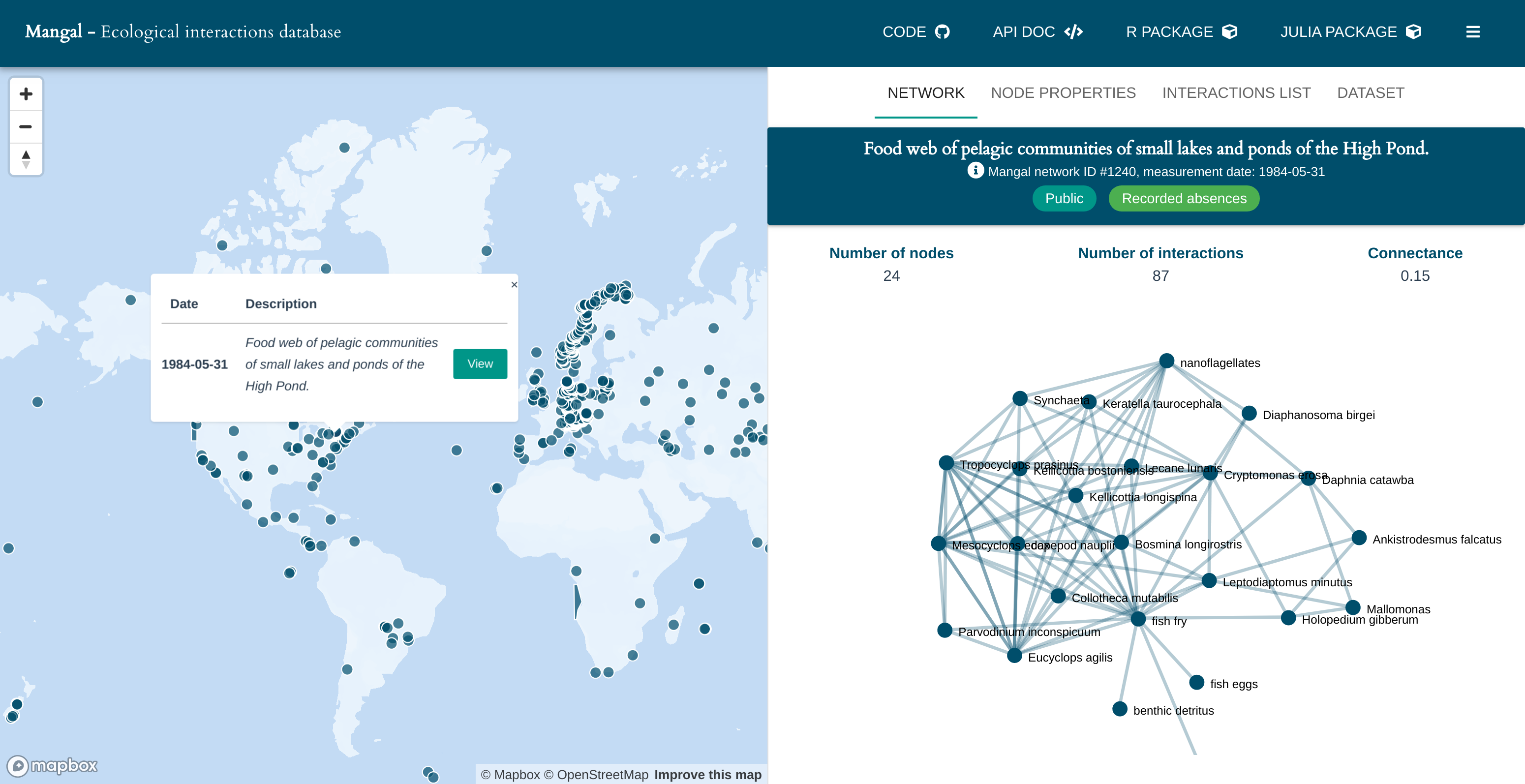
babette 1 is a package to work with BEAST2 2 ,a software platform for Bayesian evolutionary analysis from R. babette is a spin-off of my own academic research.As a PhD I work on models of diversification: mathematical descriptionsof how species form new species.



